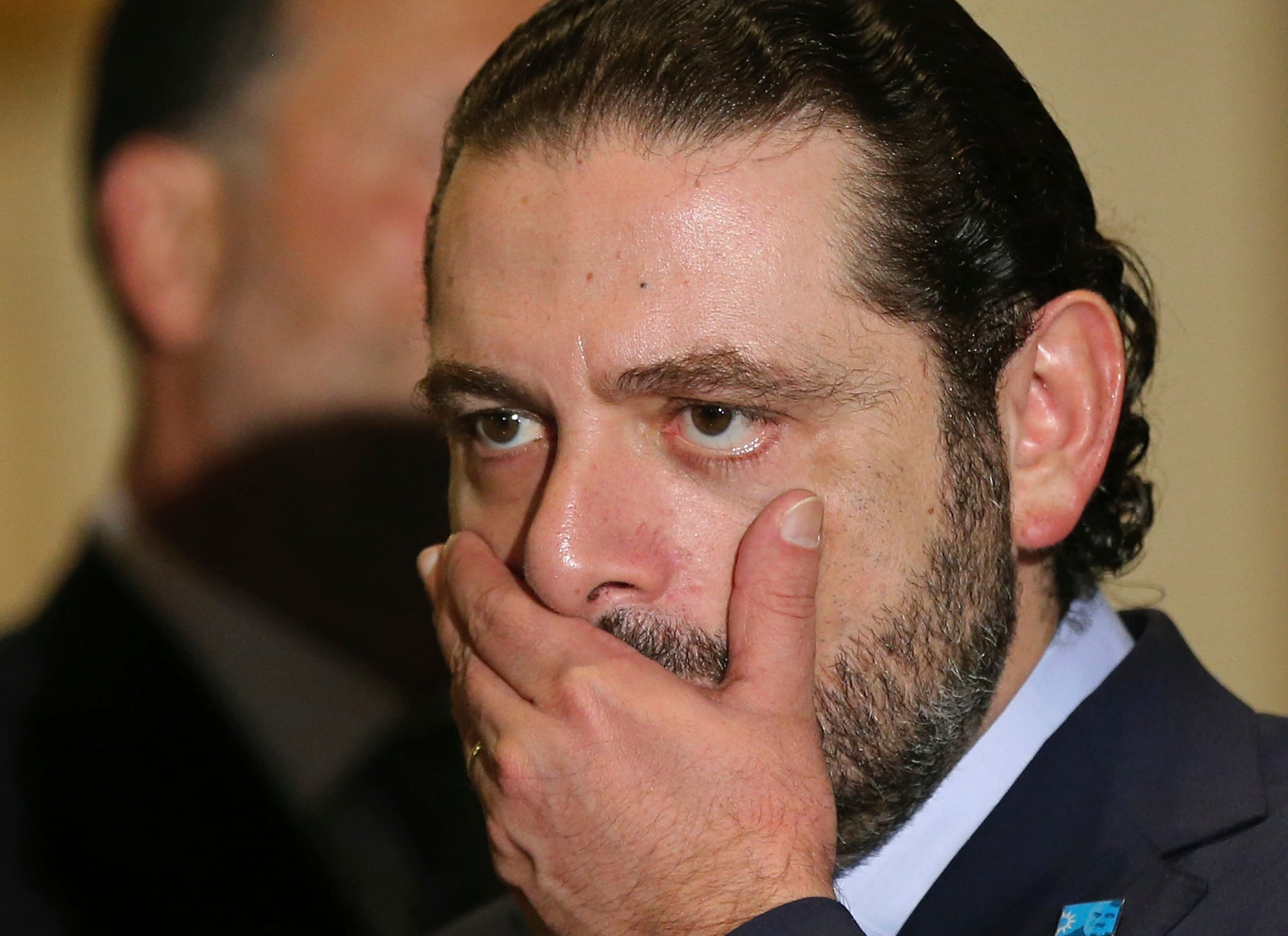BEIRUT — The shocking resignation of Lebanon’s prime minister on Saturday during a trip to Saudi Arabia has left defense industry leaders and observers speculating about the impact on a U.S military aid program to the Lebanese Army.
In interviews, local strategic analysts stressed the negative impact of Saad Hariri’s resignation on the program.
One source noted that “the Foreign Military Financing program designed to support the Lebanese Army will definitely be affected negatively in case the official does not back down from his decision or if a new one-party government — that consists of the March 8 Alliance — was formed.”
In 2011, an arms embargo was imposed on Lebanon after telecoms tycoon Najib Mikati, backed by the Hezbollah-led coalition, was appointed as prime minister-designate in January of that year, when the Shiite group brought down the unity government of Hariri.
“If the pro-Hezbollah party in Lebanon managed to form a new government from the [March 8] Alliance, it is very likely we’re going to see a repeat of the arms embargo that was imposed on Lebanon between 2011 until the end of the Mikati cabinet,” said another official with knowledge of the matter.
RELATED

He also stressed the importance of the “closer than ever” relationship between the U.S. and Saudi Arabia that could backfire over ongoing military programs between Lebanon and the U.S., “especially that the pressing issue on fighting the Islamic State [group] is now over after militants were driven out of Lebanon and large parts of Syria. It will no longer be a necessity or priority then to continue with the armament program.”
“In short, if Hariri stays as a caretaker prime minister and is designated — once again — to form a cabinet, there will be no negative effects on the U.S military program to Lebanon. But if this is no longer the case, the aid program could be highly jeopardized,” he added.
However, Yezid Sayigh, a senior fellow at the Carnegie Middle East Center think tank, has doubts about a negative impact on the program. “The U.S. has been committed to supporting the [Lebanese Armed Forces] for over a decade despite Hezbollah’s presence in the government, and the Pentagon will almost certainly seek to preserve this relationship even if the White House thinks differently.”
Hariri’s resignation also raised questions regarding the state of Lebanon’s security. “The Saudi role in Hariri’s resignation makes Lebanon very vulnerable to possible U.S. sanctions and increases the margin for Israeli military action, and therefore threatens Lebanese national security,” Sayigh said. Hezbollah accuses Saudi Arabia of forcing Hariri to resign.
In 2006, Israel and Hezbollah engaged in a 33-day war in which the Shiite group fired a hail of rockets into Israel and the Israelis bombed Lebanese towns, villages and infrastructure, after eight Israeli soldiers had been killed and two captured by the Lebanese group.
On possible steps to resolve Lebanon’s political crisis and keep military relations with the U.S. on track, Sayigh recommended the U.S. ”avoid expanding the scope of its imminent sanctions to punish additional institutions or parties in Lebanon, and Saudi Arabia should back off statements declaring Lebanon a hostile state at war with it.”
To read more defense news from the Middle East in Arabic, visit http://sdarabia.com/.
Chirine Mouchantaf contributed stories on Middle East defense and wrote for SDArabia, an Arabic security and defense magazine.







